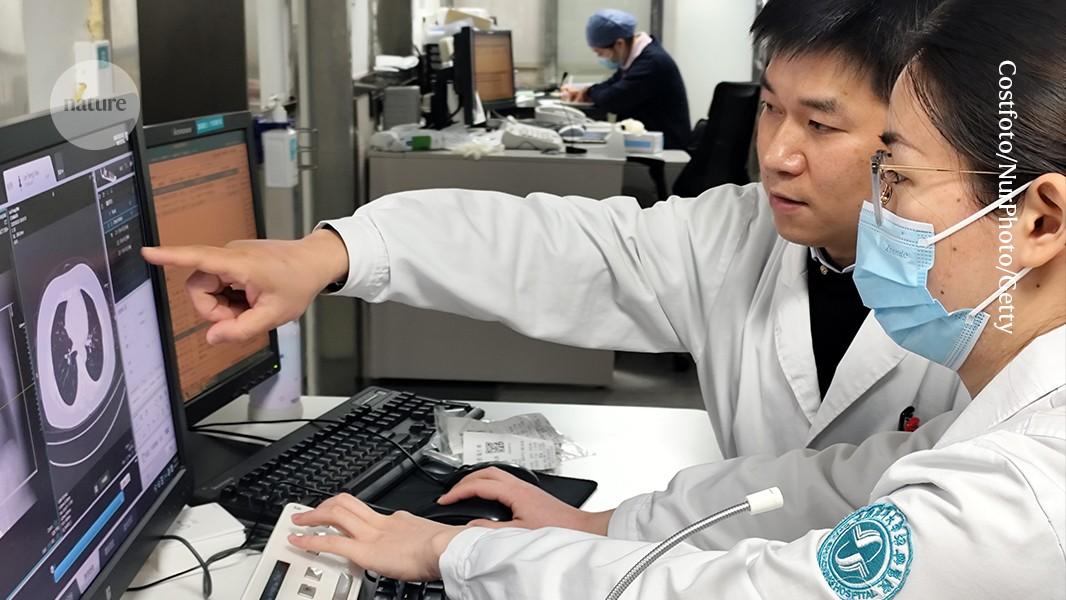合成数据可以使医学研究受益——但必须认识到风险
IF 48.5
1区 综合性期刊
Q1 MULTIDISCIPLINARY SCIENCES
引用次数: 0
摘要
当真实数据不足时,人工生成的数据可以帮助训练人工智能模型,但需要更多地关注验证结果。当真实数据不足时,人工生成的数据可以帮助训练人工智能模型,但需要更多地关注验证结果。本文章由计算机程序翻译,如有差异,请以英文原文为准。

Synthetic data can benefit medical research — but risks must be recognized
Artificially generated data can help to train AI models when real data are scant, but more focus is needed on validating the results. Artificially generated data can help to train AI models when real data are scant, but more focus is needed on validating the results.
求助全文
通过发布文献求助,成功后即可免费获取论文全文。
去求助
来源期刊

Nature
综合性期刊-综合性期刊
CiteScore
90.00
自引率
1.20%
发文量
3652
审稿时长
3 months
期刊介绍:
Nature is a prestigious international journal that publishes peer-reviewed research in various scientific and technological fields. The selection of articles is based on criteria such as originality, importance, interdisciplinary relevance, timeliness, accessibility, elegance, and surprising conclusions. In addition to showcasing significant scientific advances, Nature delivers rapid, authoritative, insightful news, and interpretation of current and upcoming trends impacting science, scientists, and the broader public. The journal serves a dual purpose: firstly, to promptly share noteworthy scientific advances and foster discussions among scientists, and secondly, to ensure the swift dissemination of scientific results globally, emphasizing their significance for knowledge, culture, and daily life.
 求助内容:
求助内容: 应助结果提醒方式:
应助结果提醒方式:


